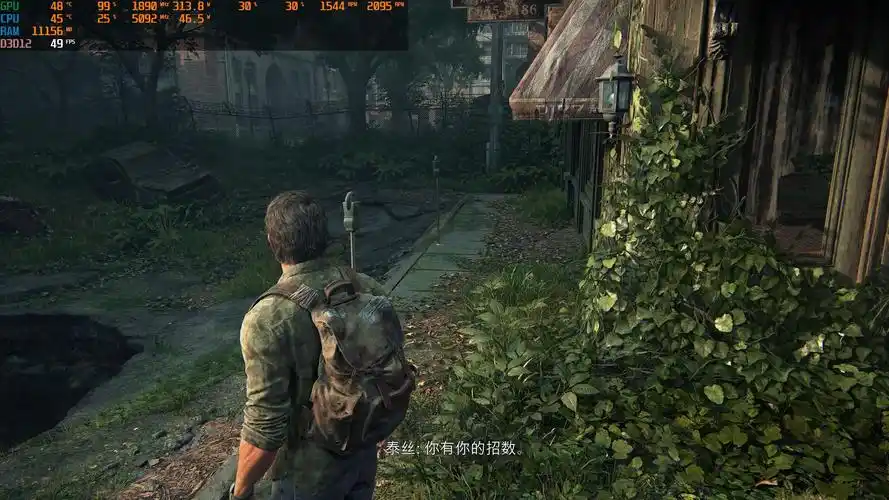Is It a Good Gateway to the Series? – Evaluating the Perfect Entry Point
Introduction
When diving into a new book series, TV show, or video game franchise, one of the most common questions fans ask is: "Is this a good starting point?" Whether it's a prequel, spin-off, or reboot, the entry point can significantly shape a newcomer's experience. But what makes a gateway truly effective? This article explores the key factors that determine whether a particular installment serves as a strong introduction to a series.
What Makes a Good Gateway?
A strong gateway should:
- Be Accessible – Newcomers shouldn't feel lost due to excessive lore or references.
- Represent the Core Themes – It should capture the essence of the series.
- Encourage Further Exploration – A good entry point leaves the audience eager for more.
- Stand Alone (When Necessary) – While connected to the larger story, it should still work independently.
Let’s examine these factors in different media.
Books: Where Should New Readers Begin?
Example: The Chronicles of Narnia by C.S. Lewis
The Narnia series has two common reading orders:
- Publication Order (The Lion, the Witch and the Wardrobe first) – This was how most readers first experienced Narnia, and it introduces the world naturally.
- Chronological Order (The Magician’s Nephew first) – While this makes sense timeline-wise, it spoils some mysteries from later books.
Verdict: The Lion, the Witch and the Wardrobe is the better gateway—it’s more engaging and doesn’t assume prior knowledge.

Example: Discworld by Terry Pratchett
With over 40 books, Discworld can be daunting. However, Pratchett designed many books to work as standalones. Popular entry points include:
- Guards! Guards! (City Watch arc)
- Mort (Death arc)
- Wyrd Sisters (Witches arc)
Verdict: Starting with a sub-series rather than the first book (The Colour of Magic) is often recommended for a smoother introduction.
TV & Film: Does the Prequel Work as an Introduction?
Example: Better Call Saul (Prequel to Breaking Bad)
While Better Call Saul is a brilliant show, it’s packed with callbacks and dramatic irony that only Breaking Bad fans fully appreciate.
Verdict: Breaking Bad is still the better starting point—it establishes the world before Better Call Saul enriches it.
Example: Star Wars (Release Order vs. Chronological Order)
The debate between watching Star Wars in release order (starting with A New Hope) or chronological order (starting with The Phantom Menace) is ongoing.
Verdict: Release order preserves key twists (like Darth Vader’s identity) and provides a more natural progression in storytelling.
Video Games: Should You Play the Latest Installment First?
Example: The Witcher 3: Wild Hunt
While The Witcher 3 is often considered the best in the series, newcomers might miss key character relationships if they skip the first two games.
Verdict: Playing The Witcher 1 or 2 first enhances the experience, but The Witcher 3 is still accessible enough to serve as a gateway.
Example: Final Fantasy Series
Most Final Fantasy games are standalone, making any entry a viable starting point. However, some (like Final Fantasy VII) have expanded universes that require additional context.
Verdict: Games like Final Fantasy X or Final Fantasy XV are better gateways due to their self-contained stories.
Conclusion: Finding the Right Gateway
The best entry point depends on the series, but a good gateway should:
✔ Introduce the world effectively
✔ Balance accessibility with depth
✔ Leave the audience wanting more
Whether it’s books, movies, or games, the right starting point can turn a casual viewer into a lifelong fan.
Final Thought: If a series has multiple entry points, research the best one—don’t just start with the first release or the latest installment. A well-chosen gateway makes all the difference.
Tags: #SeriesIntroduction #GatewayMedia #WhereToStart #FranchiseEntry #Storytelling


















